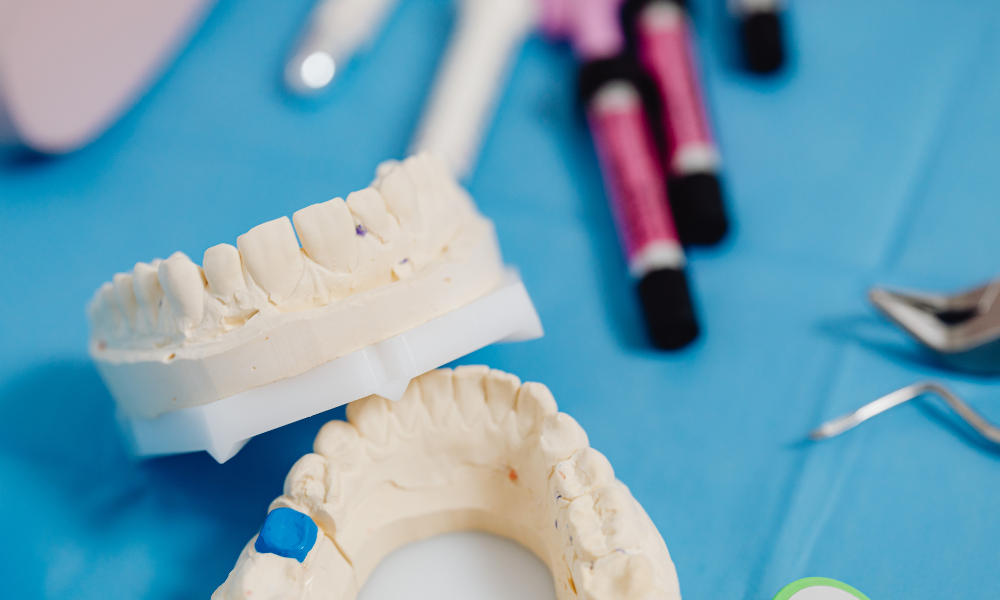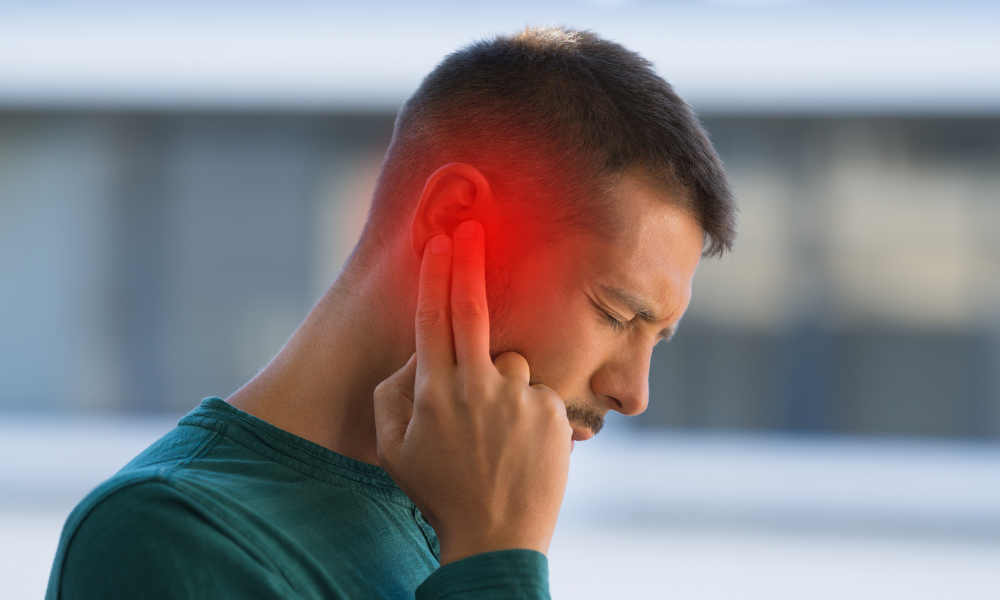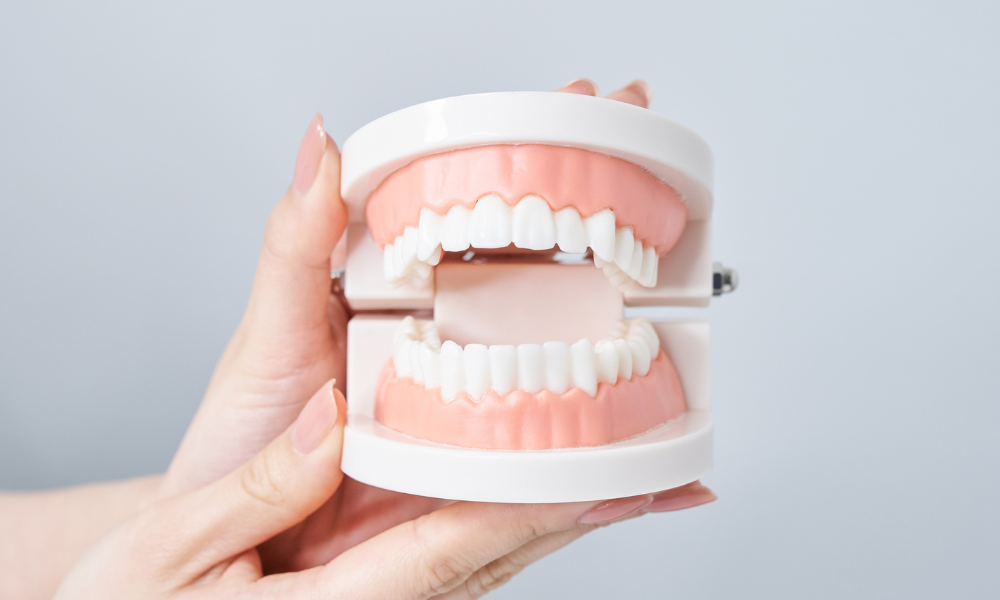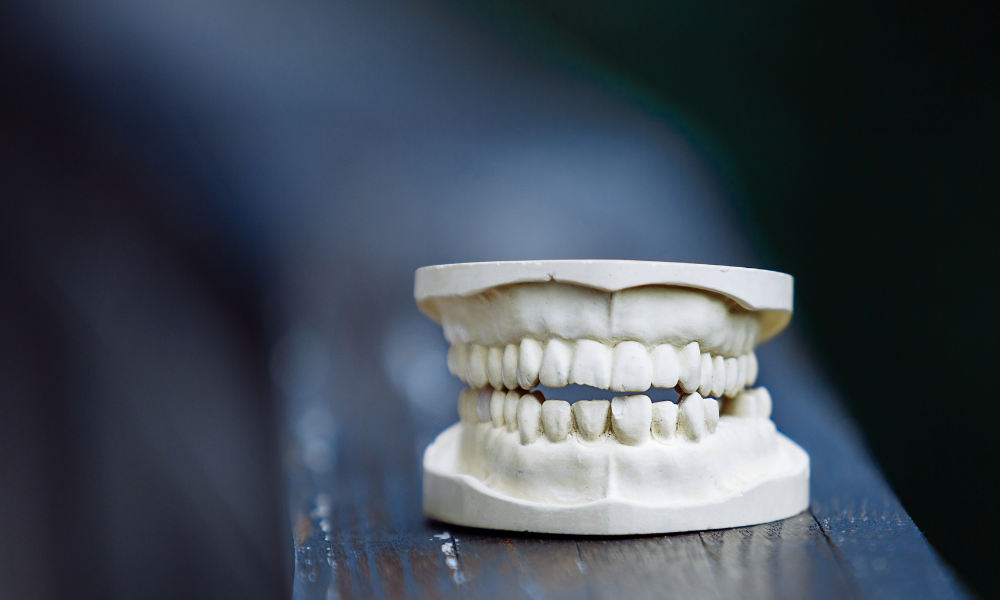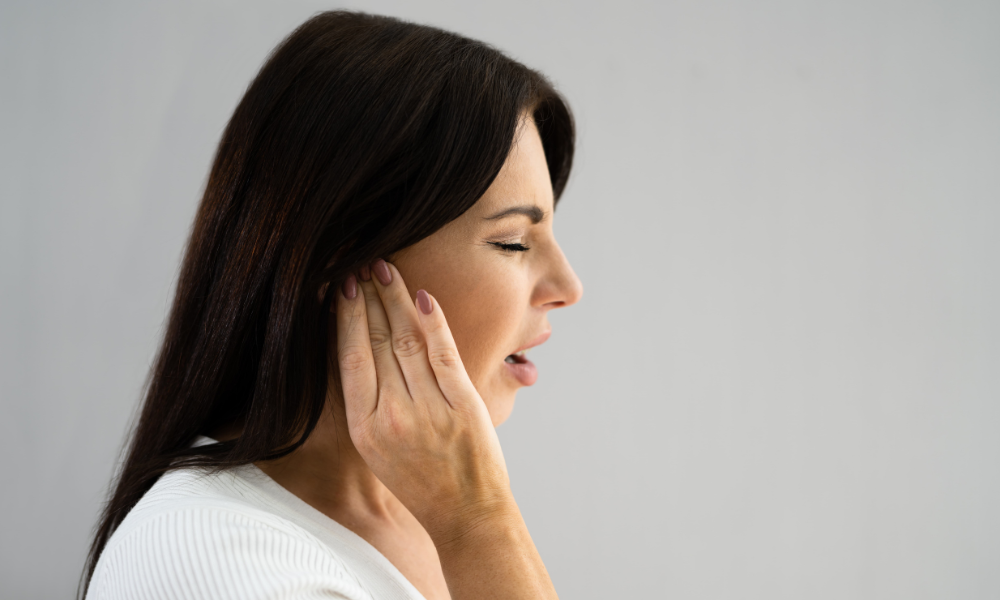
Temporomandibular Joint disorders, also known as TMJ disorders or TMD, are a common yet often misunderstood source of pain and discomfort in the jaw area. These conditions can significantly impact a person's quality of life, making everyday tasks such as talking, chewing, and even yawning very difficult and painful. This article aims to provide you with a comprehensive understanding of TMJ disorders, their causes, symptoms, and the various treatment options available to help alleviate your pain and improve your daily functioning.
The temporomandibular joint (TMJ) is a complex hinge and sliding joint that connects your jawbone to the temporal bones of your skull, located on either side of your head in front of the ears. It is responsible for allowing you to move your jaw up and down and side-to-side so you can speak, chew, and yawn. When this joint becomes injured or damaged, it can lead to a variety of uncomfortable and painful symptoms known as TMJ disorder.
There are several possible causes of TMJ disorders, including trauma to the jaw, excessive teeth clenching or grinding, dislocation of the disc that cushions the joint, arthritis, and misalignment of the teeth or jawbone. Additionally, stress and certain habits, such as gum chewing, can also contribute to the development of TMD. Identifying the cause of your TMJ pain is crucial in determining the most effective treatment options to help alleviate your symptoms.
TMJ disorders can present a wide range of symptoms, making it difficult to pinpoint a diagnosis without proper examination. Some common symptoms associated with TMD include pain or tenderness in the jaw, aching around the ear, facial pain, difficulty chewing or opening the mouth, and clicking or locking of the jaw joint. You may also experience headaches, dizziness, ringing in the ears, and neck pain. If you suspect that you might have a TMJ disorder, it's essential to consult a dental or medical professional with experience in managing orofacial pain conditions.
Treatment options for TMJ disorders vary depending on the severity of your condition and the underlying cause. At Columbia Center for Sleep Apnea and TMJ, Dr. Bloxham is focused on creating individualized treatment plans aimed at addressing the root cause of the problem and providing pain relief. Some of the available treatment options include oral splints or mouthguards, physical therapy, medications, lifestyle changes, and, if necessary, surgical procedures.
Stay tuned as we delve further into TMJ disorders and various treatment options, helping you make more informed decisions about your health and well-being.
Causes of TMJ Disorders
As mentioned earlier, TMJ disorders can be attributed to a variety of causes. Understanding these factors is crucial in determining the most appropriate treatment. Some common causes include:
- Trauma: Injuries to the jaw or neck can contribute to the development of TMJ disorders, as they may cause dislocation, fractures, or damage to the supportive ligaments and muscles.
- Teeth Clenching and Grinding: Also known as bruxism, excessive clenching and grinding of the teeth can place extreme stress on the temporomandibular joint, leading to TMJ pain and discomfort.
- Disc Displacement: The TMJ is cushioned by a soft disc that allows smooth jaw movement. If this disc becomes displaced, it can cause the joint to function improperly and lead to pain.
- Arthritis: Inflammation and degeneration of the joint can occur due to osteoarthritis or rheumatoid arthritis, causing pain and reduced mobility in the TMJ.
- Jaw Alignment Issues: Malocclusion (misaligned teeth) or other jaw abnormalities may force the joint to work differently, leading to muscle imbalances and potential TMJ disorders.
Symptoms of TMJ Disorders
The symptoms of TMJ disorders can vary widely, making it essential to pay close attention to any changes in your jaw and facial area. Some prevalent signs and symptoms include:
- Jaw Pain: One of the most common symptoms is pain in the jaw, which may be constant or triggered by movements such as chewing or speaking.
- Earache: Pain and discomfort can extend to the area around the ear, giving the sensation of an earache.
- Facial Pain: Some individuals may experience aching or throbbing sensations in the cheeks, temples, or the entire face.
- Difficulty Chewing and Opening the Mouth: Limited range of motion in the jaw and difficulty biting or chewing food is common among individuals with TMJ disorders.
- Clicking or Locking of the Jaw: Noises such as clicks, pops, or grinding can be heard during jaw movements. Additionally, the jaw may lock or feel stuck when attempting to open or close the mouth.
Diagnosing TMJ Disorders
To diagnose TMJ disorders, your dental or medical professional will first conduct a thorough physical examination, which may include:
- Check your jaw joints for tenderness, swelling, or other abnormalities.
- Listening for any clicking or popping sounds while you open and close your mouth.
- Assessing your jaw mobility and range of motion.
- Examining your teeth and bite alignment to identify potential issues that could contribute to a TMJ disorder.
Your healthcare professional may also request imaging studies such as X-rays, MRI, or CT scans to help make a more accurate diagnosis.
Treatment Options for TMJ Disorders
There is no one-size-fits-all approach to treating TMJ disorders, as individual circumstances vary. However, some effective treatment options that your healthcare professional may recommend include:
- Oral Splints or Mouthguards: Wearing a custom-fitted splint or mouthguard can help support the jaw, reduce the pressure on the joint, and protect the teeth from the effects of clenching and grinding.
- Physical Therapy: Specific exercises and stretches can help in increasing jaw strength and flexibility, reducing tightness, and alleviating pain. Your physical therapist may also recommend practicing good posture and working on stress management techniques.
- Medications: Depending on the severity of your symptoms, your healthcare professional may prescribe anti-inflammatory medications, muscle relaxants, or even antidepressants, which can help relax the muscles and relieve pain.
- Lifestyle Changes: Implementing self-care techniques such as eating soft foods, applying heat or cold packs, avoiding large jaw movements, and addressing stress can play a vital role in managing your symptoms.
- Surgical Procedures: In some cases, surgery may be recommended to address internal derangements of the joint, alleviate severe joint pain or correct bite issues caused by jaw deformity. Surgical options may range from minimally invasive arthroscopy to open joint procedures.
Conclusion
TMJ disorders can have a significant impact on your overall quality of life and daily functioning. Understanding the potential causes, symptoms, and available treatment options is crucial for accurately diagnosing and managing TMJ-related pain.
If you suspect that you are experiencing a TMJ disorder, seeking professional advice from an experienced dental or medical professional like Dr. Bloxham at Columbia Center for Sleep Apnea and TMJ is essential. With a comprehensive and individualized approach to treating and managing TMJ disorders, you will be well on your way to restoring your jaw function and living a more comfortable, pain-free life. Contact us to schedule your appointment!
